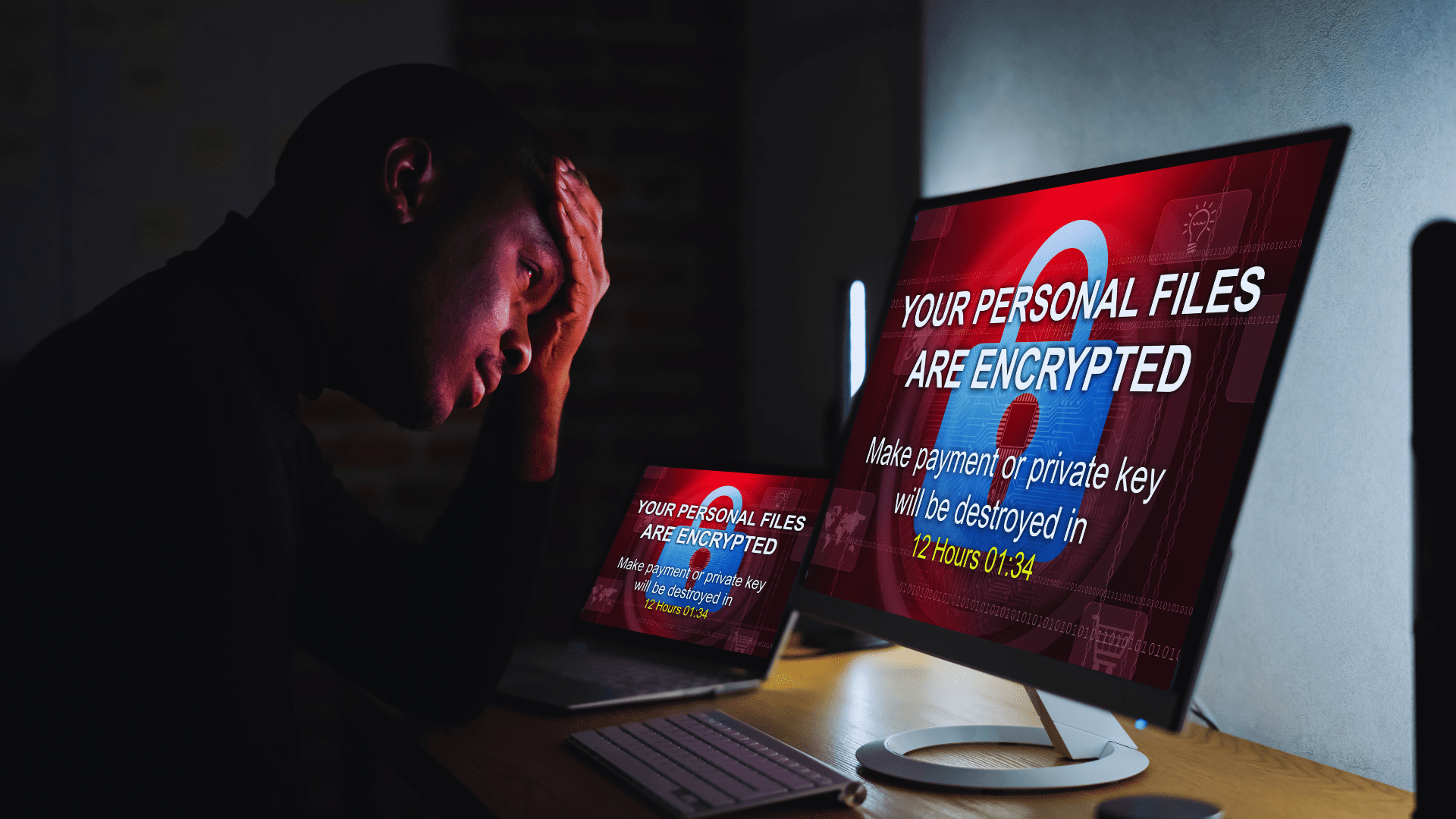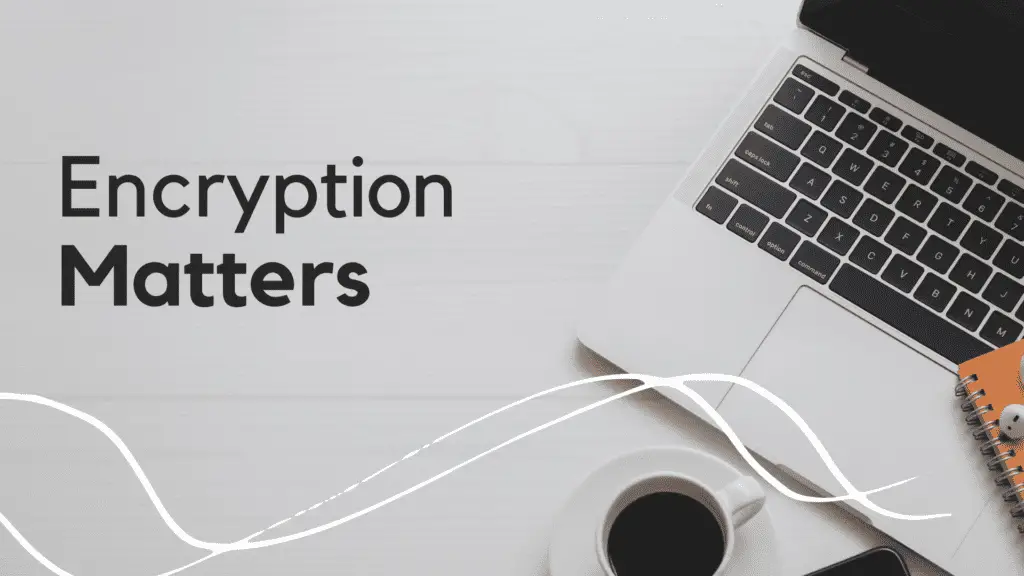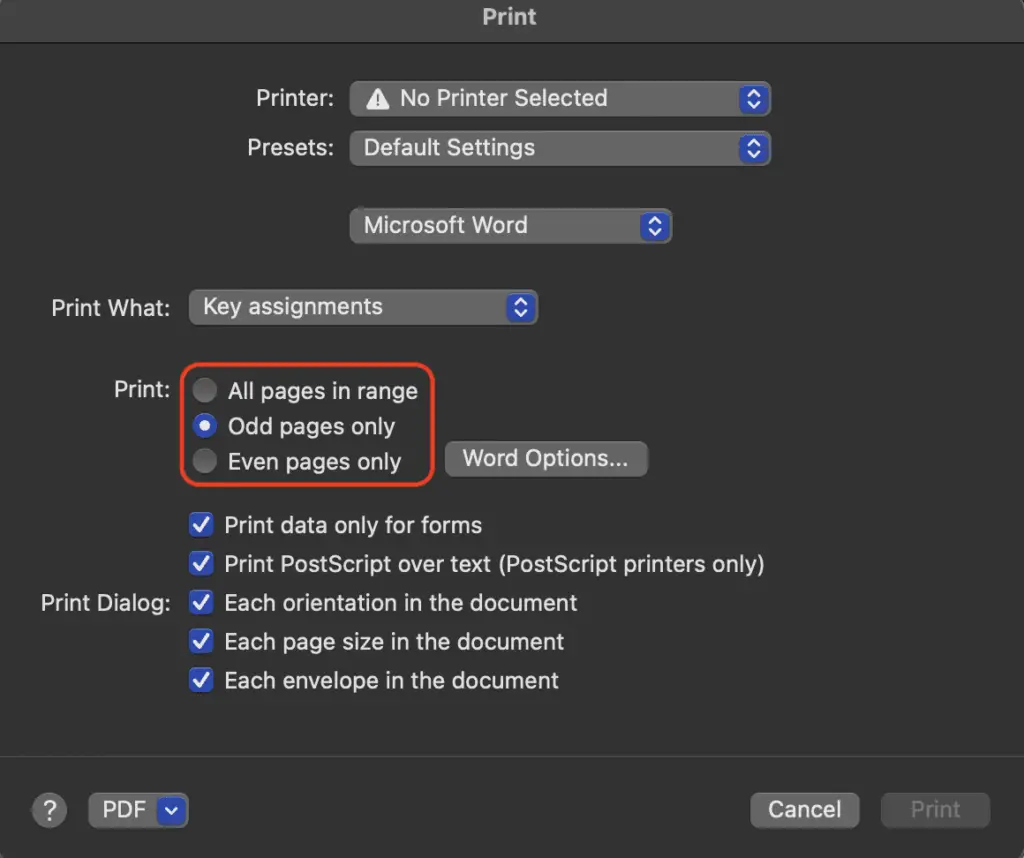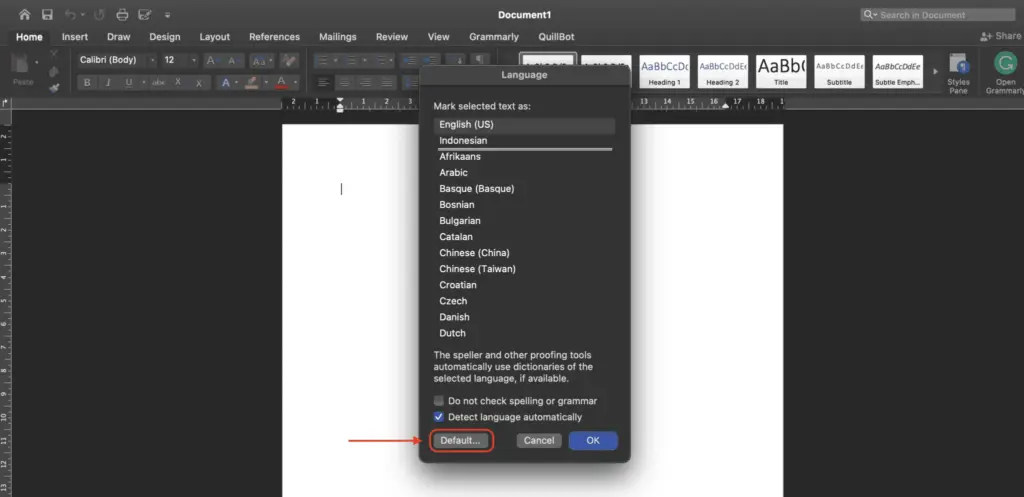In today’s digital age, data privacy and security have become increasingly important. Protecting sensitive information from unauthorized access is essential for both individuals and organizations. One effective way to achieve this is through encryption.
Encryption is the process of converting data into a code that can only be deciphered by someone who has the encryption key. In a nutshell, encryption is a way to scramble your digital information so that only someone with the secret code can read it.
In this blog post, we will explore a few reasons why you should consider encrypting your computer files.
1. Securing private data
Encryption is one of the most effective ways to secure private data since it disguises information into unreadable code that only authorized users with a proper key can decrypt. By missing the right key or access credentials, a hacker cannot view or modify your files without significant effort.
2. Protecting your privacy
Without encryption, anyone who obtains access to your computer files could potentially see personal information such as credit card numbers, bank account details, medical records, and more. Encryption prevents unauthorized users from accessing your confidential data and keeps it safe from prying eyes.
3. Security compliance
Thanks to utilizing encryption solutions to secure sensitive customer data and other confidential information, you can make sure you’re compliant with these security mandates.
4. Regulatory assurance
Depending on the industry you’re in or regulations governing your business operations, you might need to adhere to specific data privacy requirements set by law or governmental organizations such as HIPAA in healthcare or PCI DSS in financial services.
Data encryption helps ensure that even if someone manages to gain access to your system or network infrastructure, they won’t be able to steal valuable information since it will all be protected by the encryption technology you use.
This provides peace of mind knowing that no matter what happens, all of your important documents will be safe and secure behind solid encryption protocols.
5. Protection against ransomware

Recent reports have shown a massive surge in ransomware attacks targeting both businesses and individuals across all sectors globally.
By encrypting all of your vital documents with algorithms like AES 256-bit (Advanced Encryption Standard), which is considered virtually unbreakable by current standards, you can protect yourself against these malicious threats without paying hefty ransoms hackers often demand unlocking encrypted files they manage to steal from victims’ systems.
6. Help control confidential information
Data encryption allows only authorized personnel with valid credentials such as passwords or biometrics (e.g., retinal scans) to access specific parts of their computers or networks where certain encrypted documents are stored, so regular employees don’t have access rights beyond what’s necessary for their job descriptions.
The control in place helps prevent any potential abuse of power or misuse of confidential information within an organization where there are multiple levels of security involved.
7. Enhancing security on-the-go
You can encrypt individual folders or cloud storage containers, making sure they’re always protected no matter where they go. The portability comes in handy across physical networks on removable media such as flash drives, email attachments, smartphones, or through public WiFi hotspots.
8. Secure document sharing
Let’s say that you find design inspiration for your next web development project and wish to save and share it. Learning how to save webpage as PDF on Mac or MS Windows could be the first step.
But you also want to prevent others from getting their hands on your idea and ensure that it reaches the right person.
When sending an encrypted PDF file online via email, for instance, only those users with valid authentication credentials could open the message contents. This makes securely sharing confidential documents much easier and safer.
9. Keeping data integrity
Encrypted files remain intact since unauthorized persons will not be able to modify them in any way while they are locked up, ensuring reliable backups of data that may otherwise become corrupted due to malicious software attacks, such as viruses.
10. Cost saving
There is no need for costly IT equipment when deploying an effective file encryption solution, as many popular software programs provide simple yet powerful features at very affordable prices.
11. User-friendly and effortless
The latest generation of user-friendly file encryption tools makes it easy for anyone, regardless of their technical knowledge level, to take advantage of solid end-to-end protection without worrying about complex setup processes involving expert consultants charging high fees.
12. Enhancing network security
By using encryption solutions that rely on decentralized architecture instead of centralized databases, organizations can safeguard their entire network infrastructure without compromising performance due to security policies enforced through multiple layers of authentication measures.





